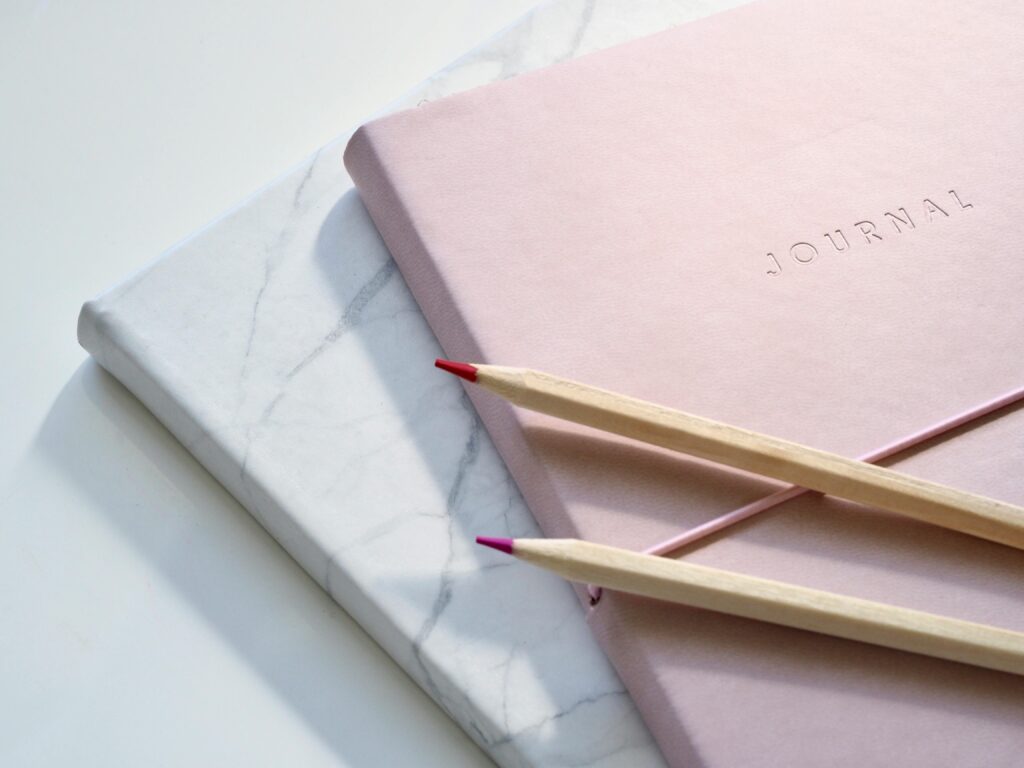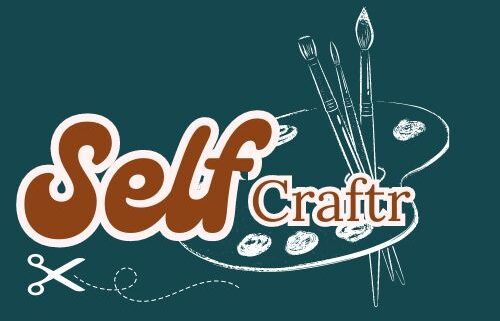Journaling For Self-Discovery – 10 Tools And Techniques To Explore Your Inner Self
We may earn a commission for purchases made using our links. Please see our disclosure to learn more.
Journaling for self-discovery can let you learn things about yourself you never even knew existed. Basically, it acts as a gateway to your inner world. When you write thoughtful prompts and use techniques, you uncover patterns, clarify your thoughts, and deepen your understanding of who you are.
That is why today we can help you enhance your practice. Today’s guide provides tools and techniques to help you with journaling for self-discovery.
1. Write For Emotional Release
This is basically called freewriting. It involves writing without structure, censorship, or judgment. You put pen to paper and allow your thoughts to flow naturally.
This journaling technique helps you access emotions and ideas you may not even realize you have. It surpasses your inner critic and taps into your subconscious thoughts, revealing patterns that can help you think more clearly.
Here is how you can do it – set a timer for 10-15 minutes and write during this time. Don’t worry about grammar or coherence. Just let your thoughts spill onto the page.
2. Journal With Prompts
Sometimes, it is difficult to begin journaling for self-discovery. In these cases, guided journaling prompts give you structure and direction. They encourage you to reflect on specific topics like gratitude, fears, or dreams.
This works because journaling prompts for self-discovery push you to dig deeper into areas you might overlook in freewriting. Think about what success means to you, and what’s that one fear that holds you back (and how can you overcome it). Use pre-made journals with prompts or find lists of questions online and get started.
3. Mind Map
Mind mapping combines words and visuals to organize your thoughts. You start with a central idea and branch out with related topics. This method allows you to see connections between thoughts and ideas. This makes it easier to process complex emotions or decisions.
4. Gratitude Journal
Gratitude shifts your focus from what you miss to what you appreciate. It helps you cultivate a positive mindset and recognize the good in your life. Having a mindfulness journal allows you to reflect on positive experiences. It also improves your mental well health and helps you build resilience.
Start to write down three things you’re grateful for every day. Be specific and focus on small things. Be thankful for a delicious meal or for a kind word from a friend.

5. Dialoguing with Your Inner Self
This journaling technique means you need to write conversations between yourself. Think of the different aspects of your personality. For example, you might write to your inner child or your future self, or accentuate your fears. Dialoguing helps you process emotions and gain insights into internal conflicts or desires.
Start by asking a question, like “Why do I feel anxious about this decision?” Write a response as if another part of you is answering. Allow the dialogue to flow naturally.
6. Set Goals And Intentions
When you set goals and intentions you help plan and create a vision for your future. Write down your intentions. Journaling for self-discovery clarifies what you want and motivates you to take action.
When you set goals this gives you direction and keeps you accountable. Write out specific goals and break them into smaller steps. Track your progress regularly and adjust as needed.
7. Exploring Dreams and Symbolism
A dream journal can help you capture the subconscious messages you receive while you sleep. Analyze your dreams. This will reveal patterns, fears, and aspirations.
Remember that dreams often reflect unresolved emotions and hidden desires. So, doing this will help you get a deeper understanding of yourself. We recommend you keep a notebook by your bed and jot down dreams as soon as you wake up. Look for symbols or themes that constantly pop up and explore their meanings.
8. Write Letters To Heal And For Closure
When you write letters to yourself or others, it helps you process emotions, find closure, and express thoughts you might struggle to say out loud. This journaling technique releases pent-up feelings and promotes emotional healing. Start by writing letters without the intention to send them. Address them to past versions of yourself, loved ones, or even future you.
9. Reflective Journaling for Growth
Reflection will encourage you to review past experiences and analyze how they shaped you. It’s a great way to learn from your mistakes and celebrate progress.
Do you know why you should definitely include this in your self-care journal ideas? Reflection fosters self-awareness and helps you recognize your patterns and habits. Write about specific events and ask specific questions.
10. Creative Journaling for Expression
Sometimes words are not enough. In those cases, creative journaling for self-dicovery lets you express yourself through doodles, collages, or poetry. This works wonders because creativity helps you tap into emotions and ideas that feel hard to verbalize. To do it well, we suggest you use colored pens, stickers, or sketches alongside your writing to add visual elements to your thoughts.
Journaling for self-discovery offers more than just a space to write. It becomes a mirror that reflects who you are and who you want to be. No matter what technique you choose, remember that the key is to remain consistent and open-minded.
The beauty here lies in its flexibility. There’s no right or wrong way to do it. It’s your space, your voice, and your journey. Start with one technique and see where it takes you
Keep on reading our blogs to discover more!
The Science Behind Journaling: Expressive Writing and Positive Affect Journaling
Research has shown that journaling is a powerful tool for self-discovery and emotional well-being. Dr. James W. Pennebaker pioneered studies on expressive writing, demonstrating that writing about deep emotions and personal experiences can lead to reduced stress, improved immune function, and overall better health outcomes. Participants in his studies reported fewer doctor visits and enhanced psychological resilience.
Similarly, a study published in the Journal of Medical Internet Research explored the benefits of Positive Affect Journaling (PAJ), an emotion-focused writing intervention. The findings revealed that individuals who engaged in PAJ experienced significant reductions in mental distress and improved well-being, making it a valuable practice for self-regulation and emotional clarity.
By incorporating these research-backed journaling techniques into daily life, individuals can gain deeper self-awareness, manage emotions more effectively, and foster personal growth.

Journaling Essentials: Must-Have Products on Amazon
If you’re looking to enhance your journaling experience, here are some highly-rated products on Amazon that can help you get started:
1. Leuchtturm1917 Hardcover Medium A5 Notebook
This premium dotted journal is perfect for those who love structured or creative journaling. It features high-quality acid-free paper, an index for organization, and numbered pages, making it a favorite among bullet journalers and self-discovery enthusiasts.
2. Parker Jotter Stainless Steel Ballpoint Pen
A good writing tool can make all the difference, and the Parker Jotter Ballpoint Pen is a classic choice. With its sleek design and smooth ink flow, this pen ensures an effortless and enjoyable journaling experience.
3. Promptly Journals – Self-Discovery Journal
If you’re unsure where to start, this guided journal provides thought-provoking prompts to help you uncover your emotions, goals, and inner thoughts. It’s designed to support self-reflection and emotional growth.
4. Zebra Mildliner Double-Ended Highlighter Set
These soft pastel highlighters are perfect for emphasizing important thoughts, organizing sections, or adding a creative touch to your journaling process. The dual-tip design allows for both fine and broad strokes.
5. Rocketbook Smart Reusable Notebook
For those who love digital integration, the Rocketbook Smart Notebook lets you write, scan, and upload your notes to the cloud. It’s a reusable notebook that helps reduce paper waste while keeping your journal organized and accessible.
Whether you prefer traditional paper journals or smart notebooks, investing in the right journaling tools can elevate your self-discovery journey. Try these products and transform your writing practice into a powerful daily habit!




